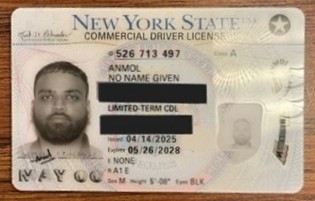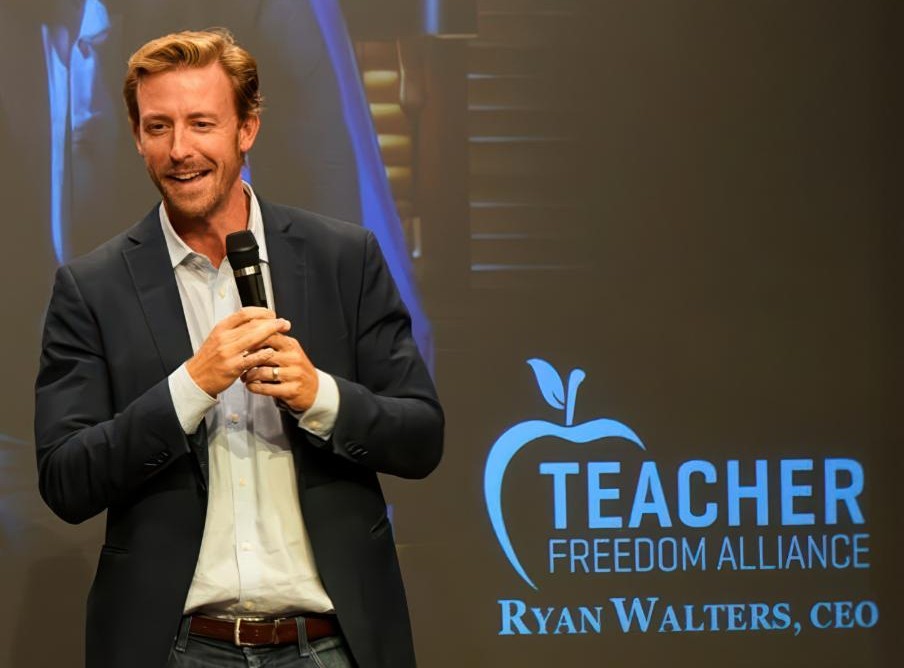Is it Ever Alright to be Offensive in the Classroom?
By David Deming
Nearly two years ago, the University of Oklahoma campus was thrown into turmoil when two professors used the forbidden “n-word” during the course of their teaching. The furor culminated in a three-day occupation of Evans Hall that ended when the University administration capitulated to protestor demands that faculty and students be subjected to mandatory “equity training.” The term “equity training” of course is a euphemism for indoctrination in radical left-wing ideology.The utter irrationality and immaturity that characterized the “n-word” incidents at OU was pathetic. As a child, I learned that “sticks and stones may break my bones, but names will never hurt me.” Yet it seems that our brightest students along with our most distinguished professors and administrators have not learned this lesson. Everyone knows what is meant by the “n-word,” yet the actual word may not be spoken or written, as if its invocation had a magical effect. Juvenile controversies like this detract attention from important issues concerning education, human welfare, and progress. Furthermore, the entire concept of “offensive” is completely subjective. Offense, like beauty, is in the eye of the beholder. If the University administration were to make a rule that a teacher cannot offend students, no one would be able to teach any subject.
Lost among all the furor and controversy was any sort of answer or even rational analysis of the question of whether or not it’s ever appropriate for a teacher to be offensive in the classroom. The appropriate way to approach the question is by remembering what everyone seems to have forgotten: what it is we’re supposed to be doing in the classroom, namely, teaching. In other words, the propriety of introducing material that students may find to be offensive should be judged entirely in the context of a teacher’s pedagogy. Indeed, I am in the habit of telling my students “if, by the end of the semester, I have not offended every one of you, I have failed to do my job.” By “offend” I do not mean the offering of gratuitous insults. Rather, it is my goal to shock the intellectual sensibilities of students by introducing them to concepts and ideas outside the purview of their cultural orientation. All of my courses have a strong historical aspect. The fundamental lesson of history is that people living in different times and places have very different ways of looking at things. By acquiring some knowledge of the vast range of human experience we broaden our minds and become more tolerant in our outlook. If I’m not offending my students in this way, I’m not doing my job.
In the first incident at OU, journalism professor Peter Gade said “calling someone a boomer is like calling someone a n-----.” The utterance of the “n-word” in this case was unnecessary and largely irrelevant to the classroom discussion. In my opinion, the professor exhibited poor judgment. Even so, there was no evidence that professor Gade had any intention of insulting, embarrassing, or offending anyone in his class. One momentary lapse in judgment over a teaching career extending over two decades might be considered an estimable record.
The second incident occurred about two weeks later when history professor Kathleen Brosnan read from a 1920's US Senate document. Her purpose was to illustrate the prevalence of racism in the US during the 1920s. Or, as she later explained, “to help the class recognize the ugliness that exists in US history.”
There is a profound difference between these two incidents. In the first case, the use of the offensive word was gratuitous. In the second case, it was an essential and integral part of the course curriculum. In my opinion, it was inappropriate for professor Brosnan to apologize.
OU President Joseph Harroz publicly condemned both professor Gade and Brosnan for being offensive. To his credit, he also immediately stated that professor Gade’s words fell under the protection of the First Amendment. I’m not aware of any disciplinary actions or punishments being inflicted on either professor.
Where the University leadership failed was in providing any guidance on when it’s appropriate for a professor to be offensive in the classroom. They should have drawn a sharp distinction between the two cases and defended professor Brosnan. Instead, they capitulated, setting a precedent for disruption of the educational process by immature and ignorant people.
Deming is professor of Arts & Sciences at the University of Oklahoma.









Latest Commentary
Thursday 30th of October 2025
Thursday 30th of October 2025
Thursday 30th of October 2025
Thursday 30th of October 2025
Thursday 30th of October 2025
Thursday 30th of October 2025
Thursday 30th of October 2025
Thursday 30th of October 2025
Thursday 30th of October 2025